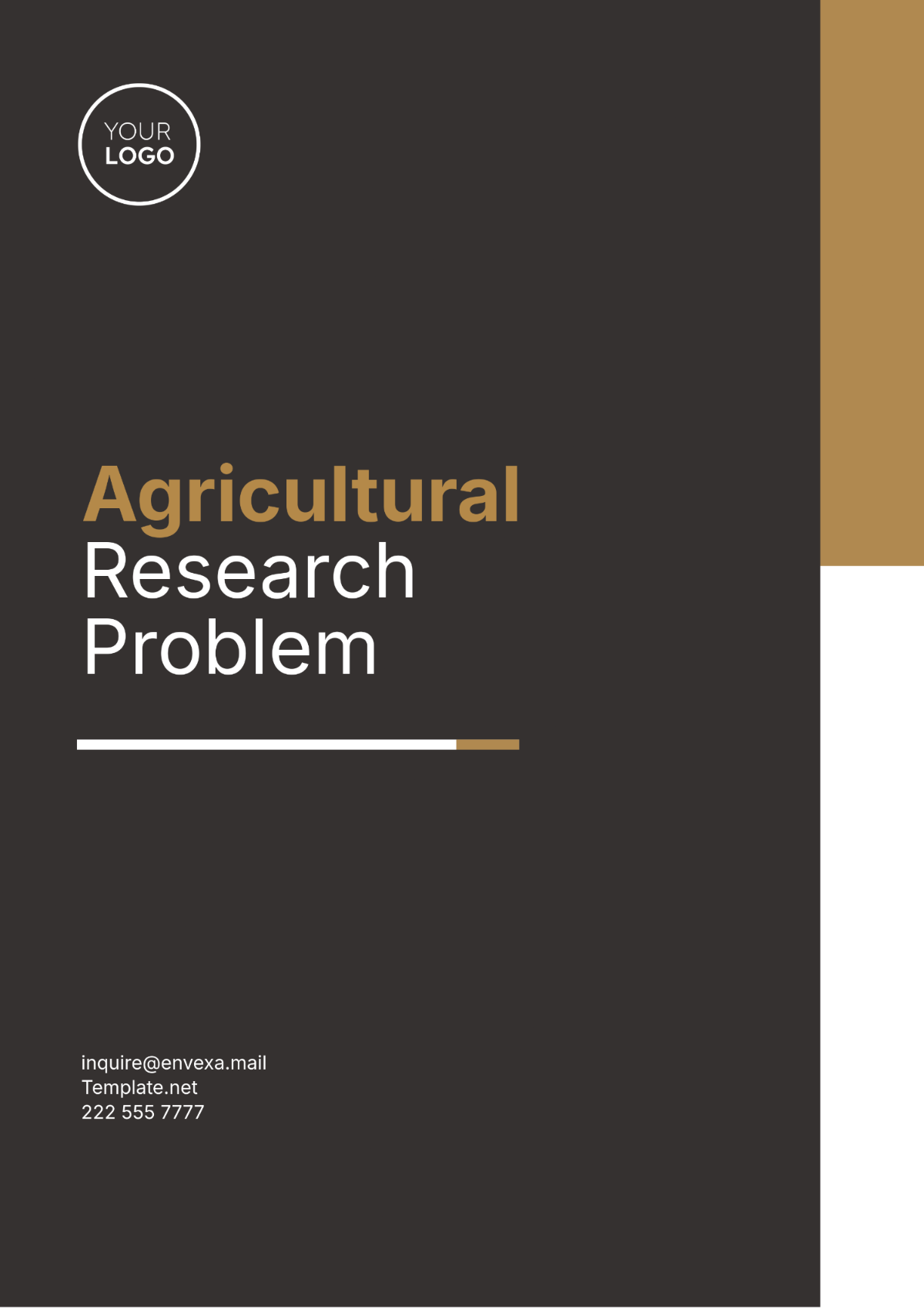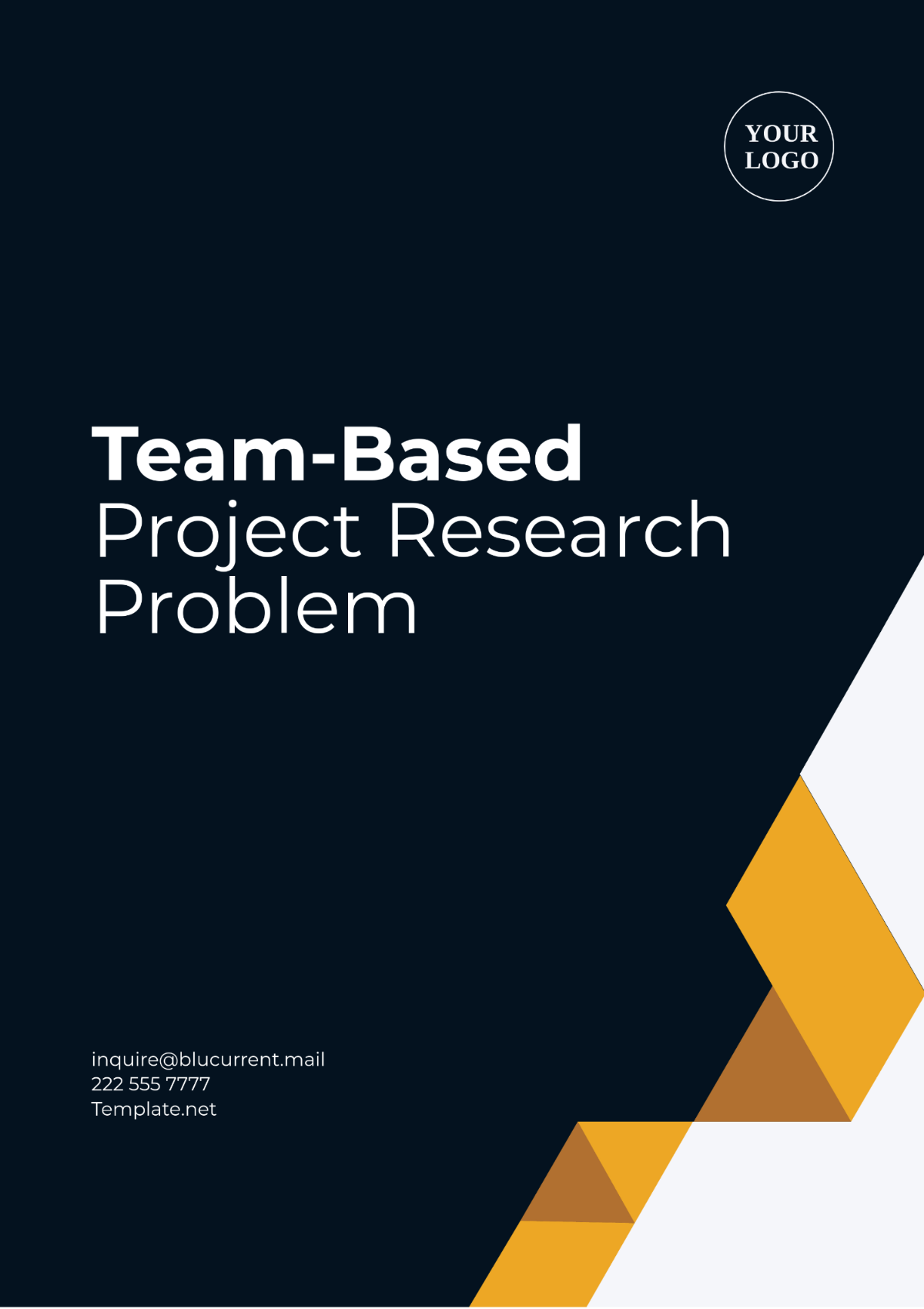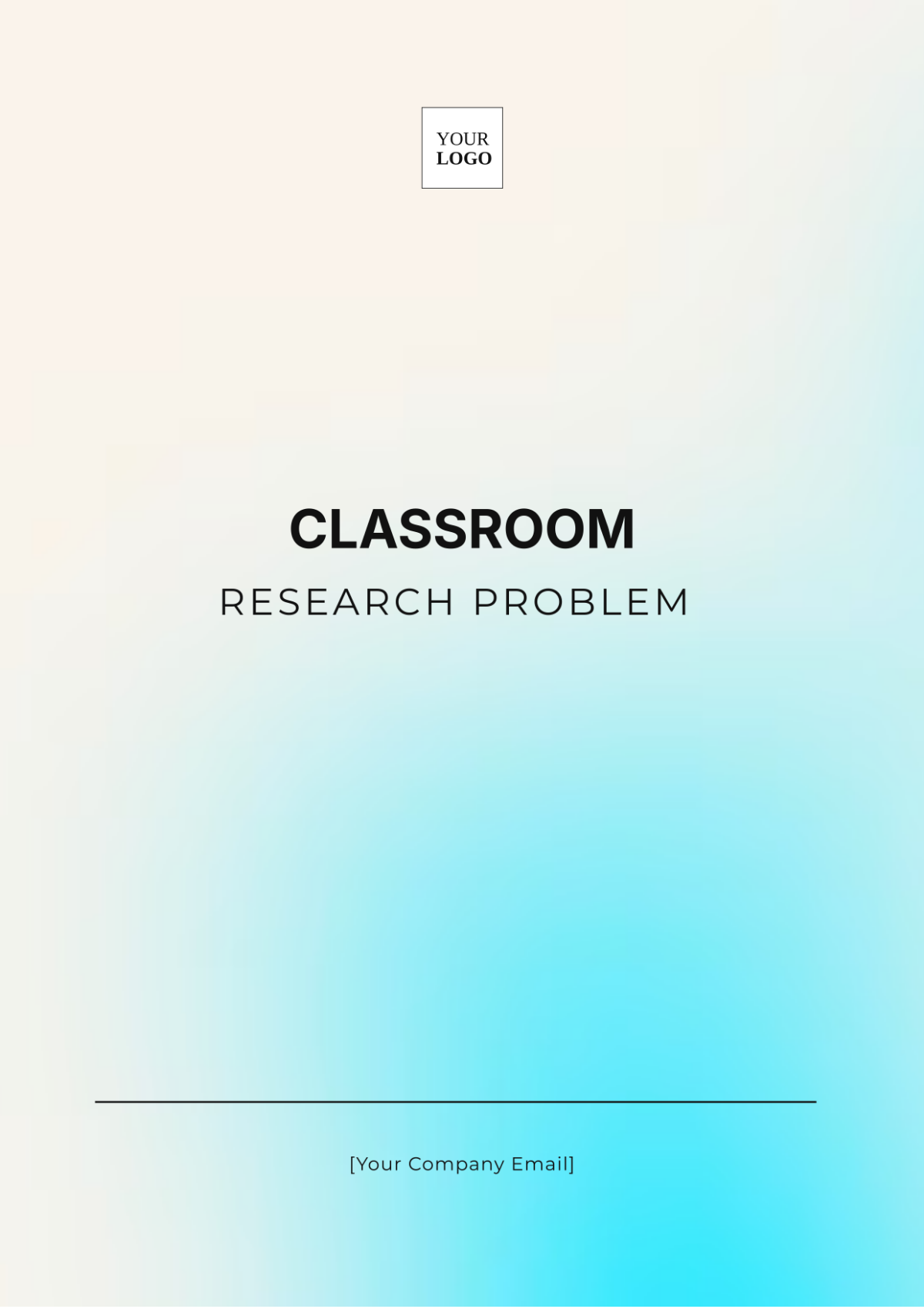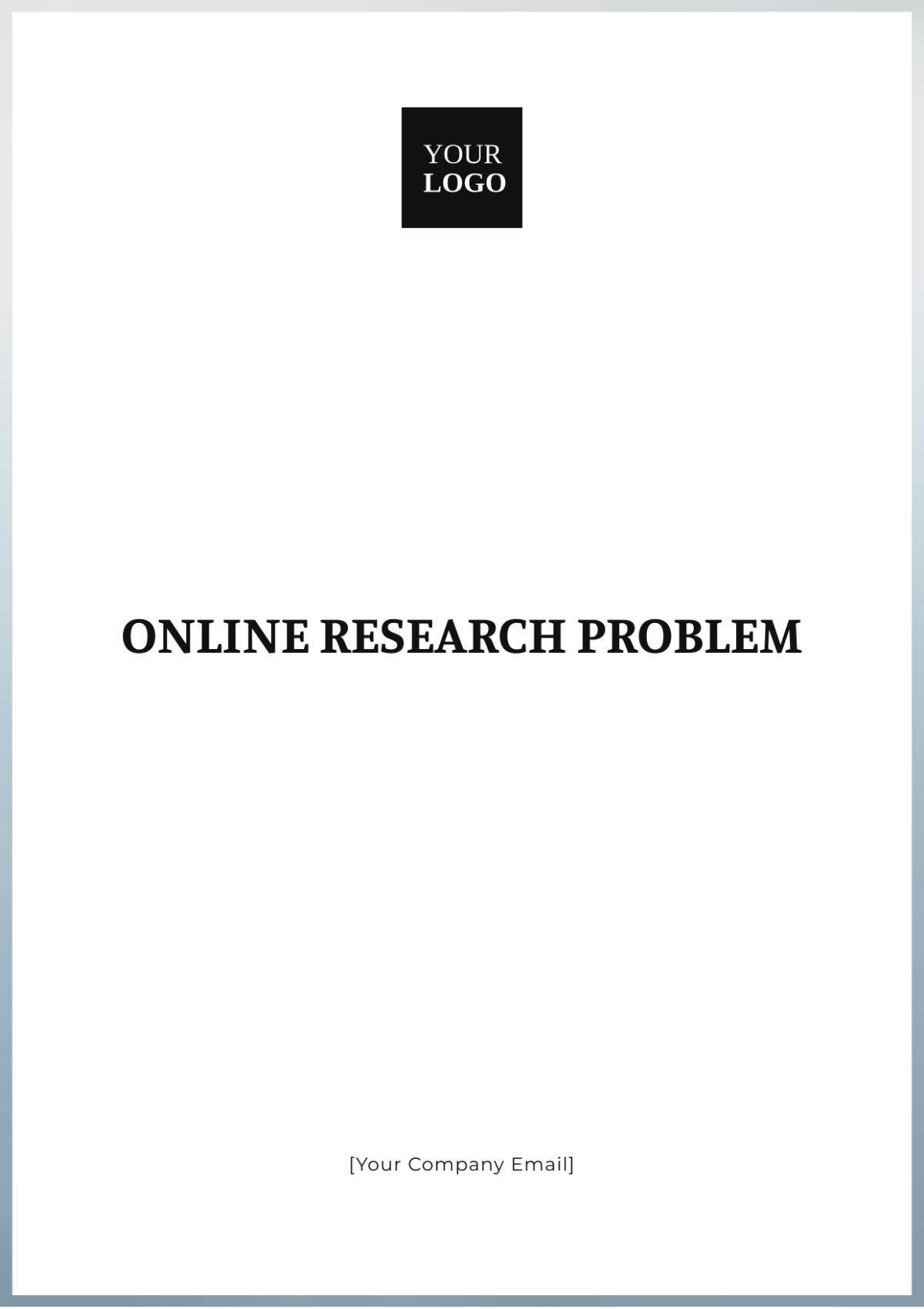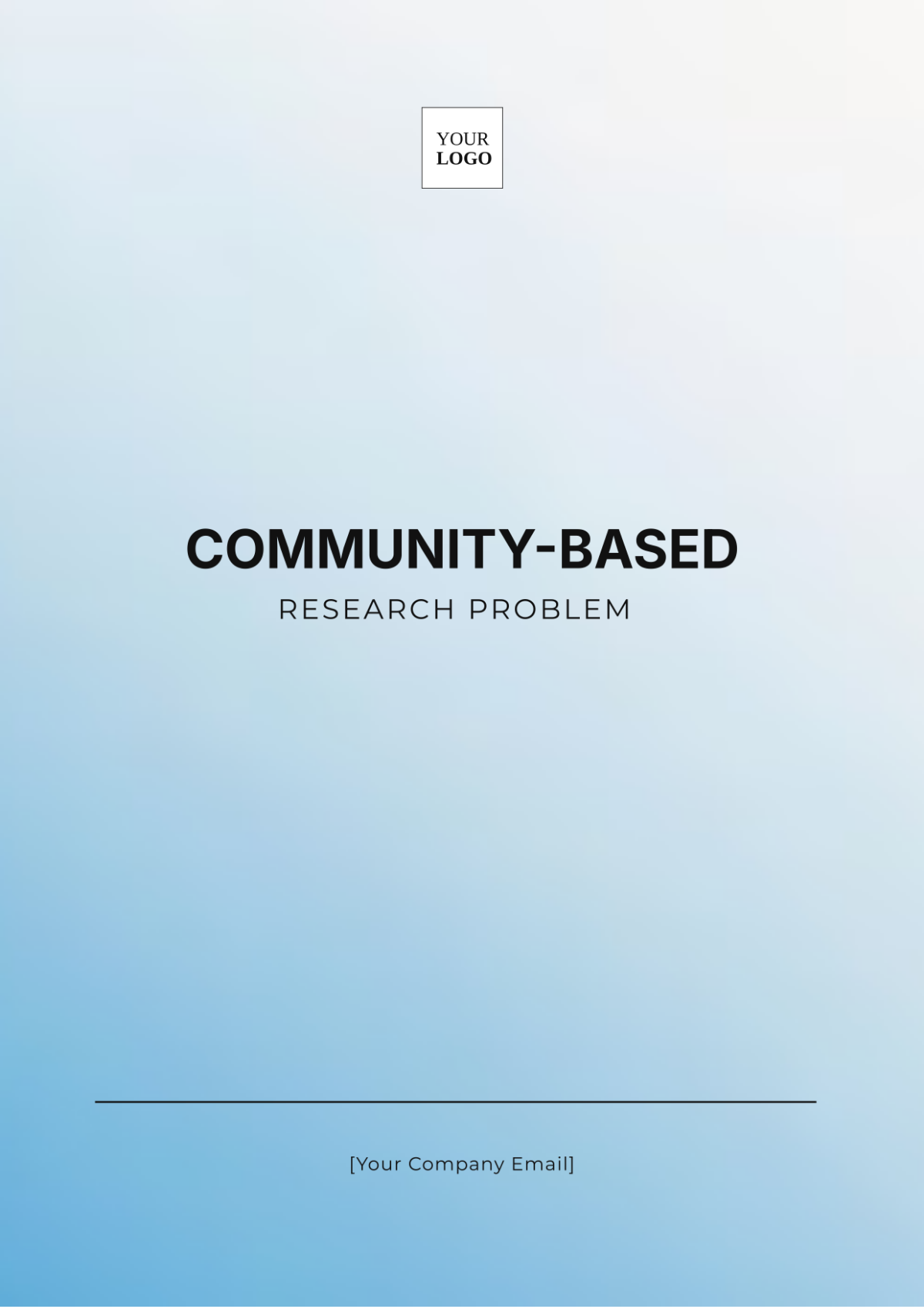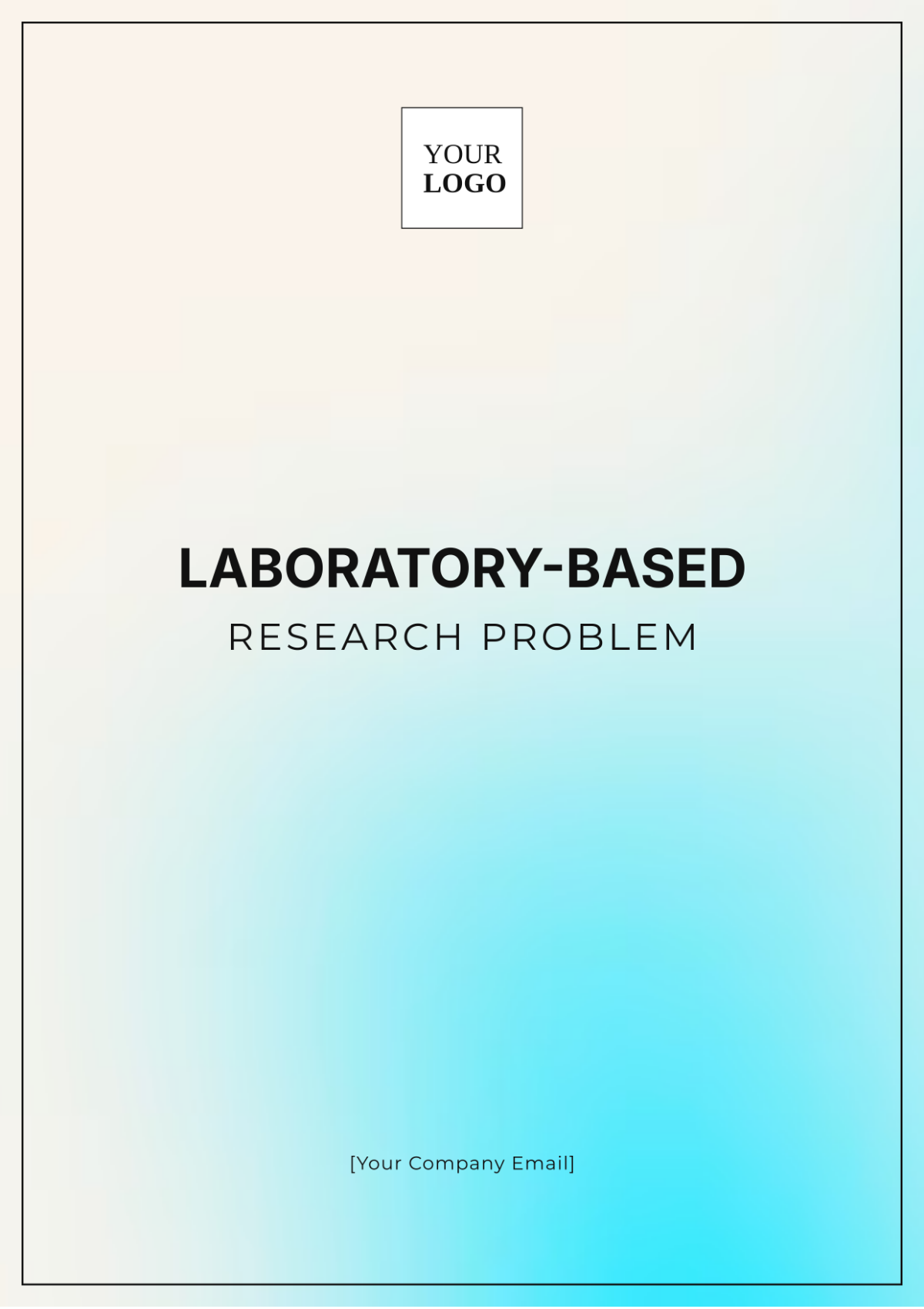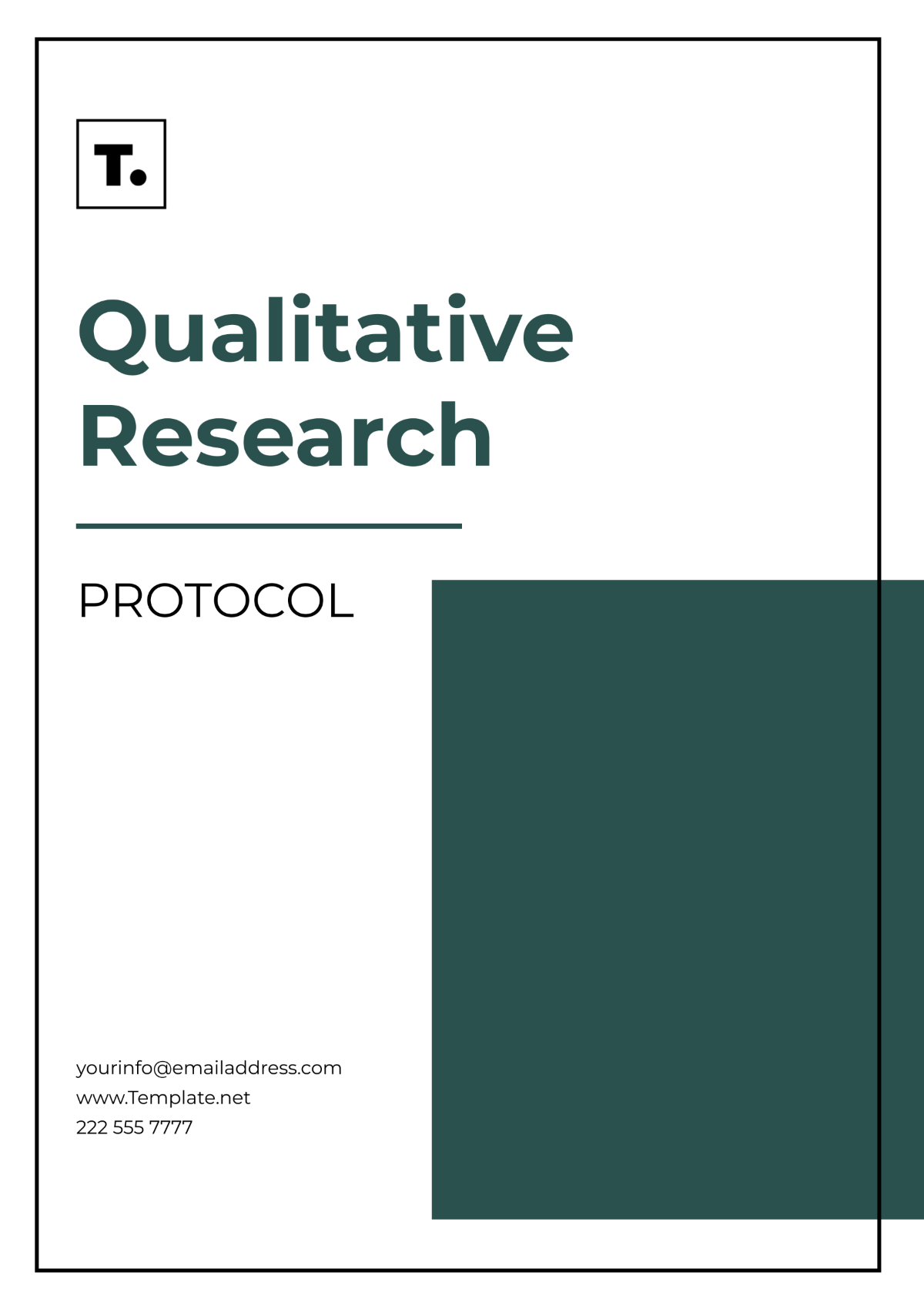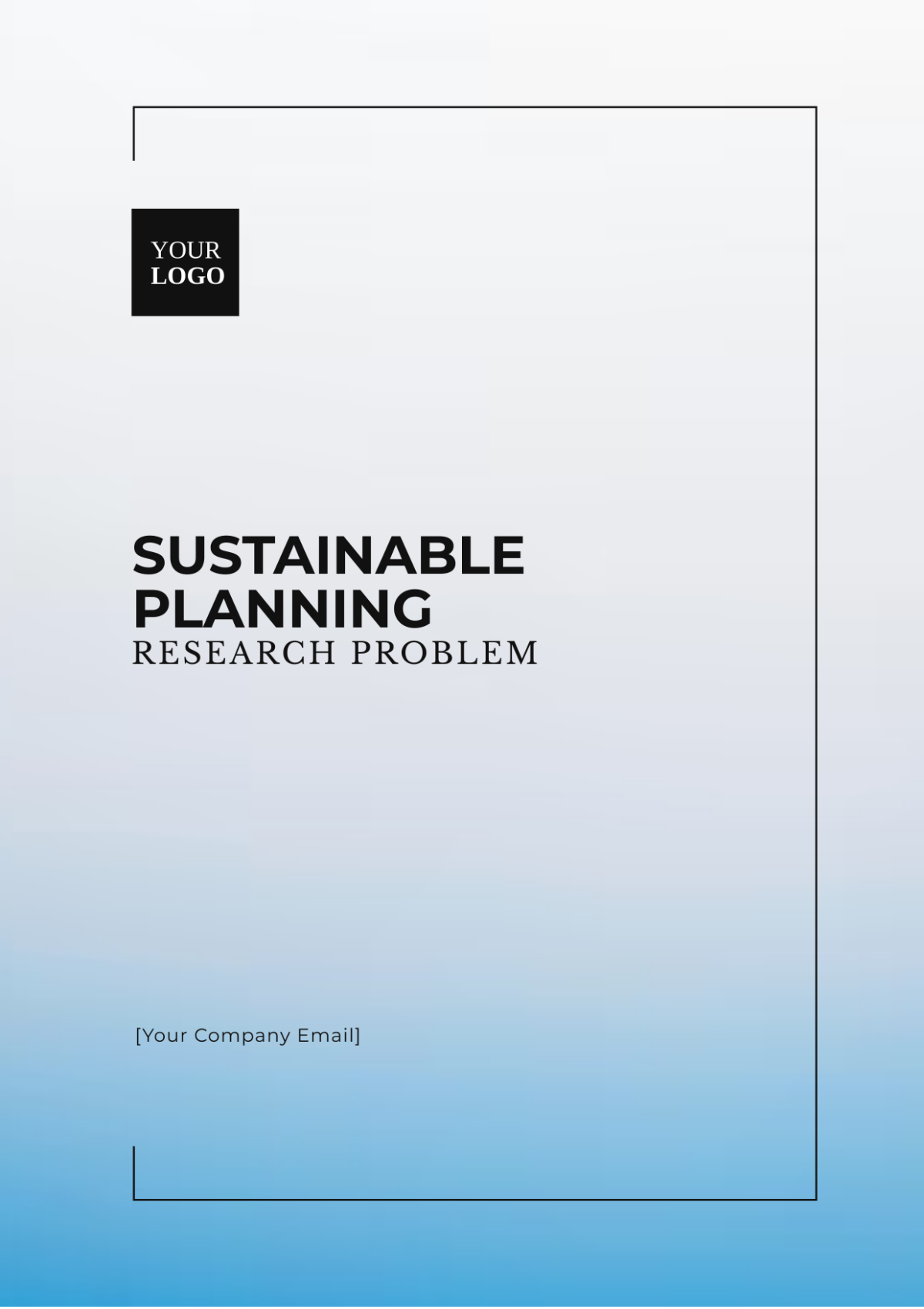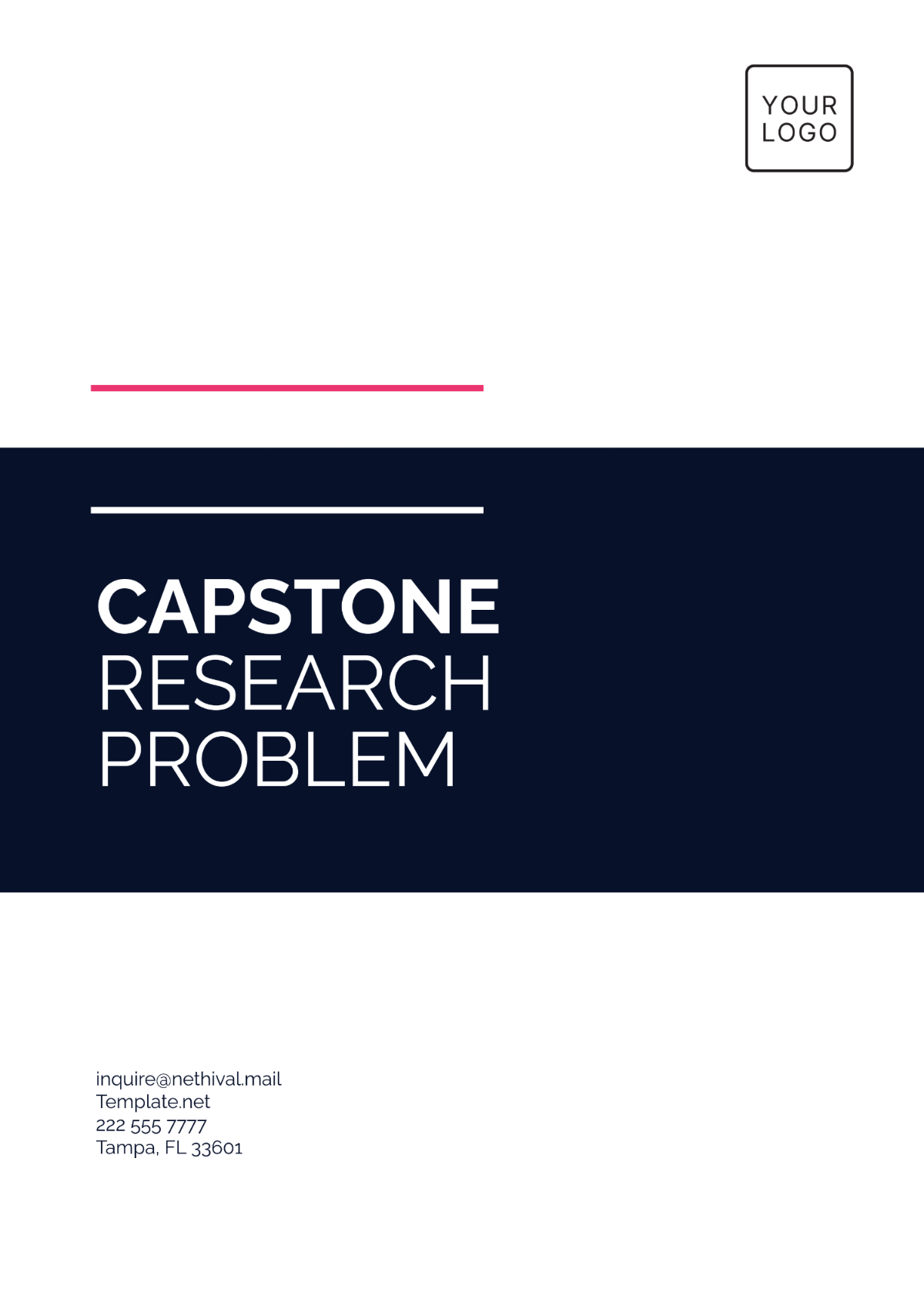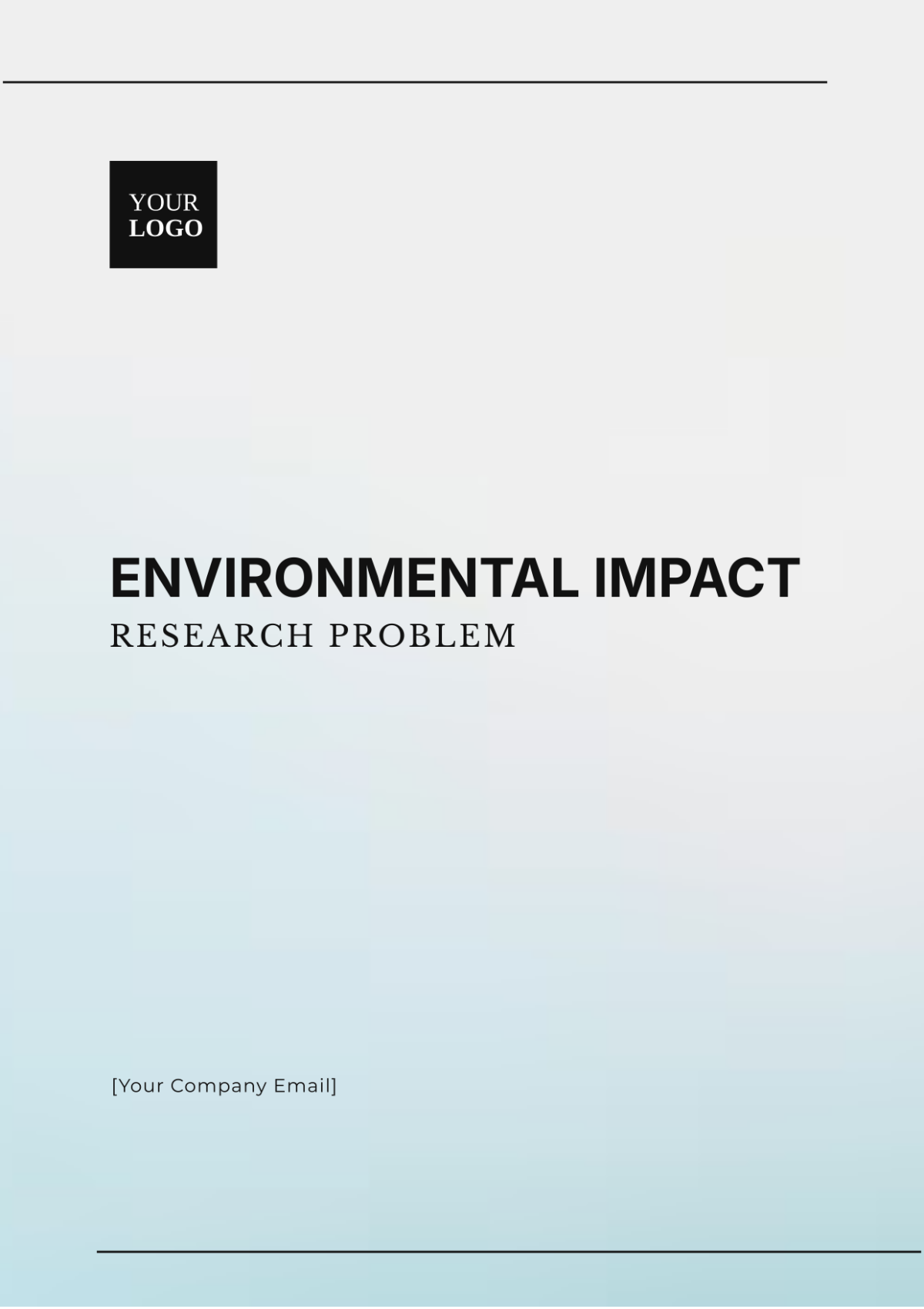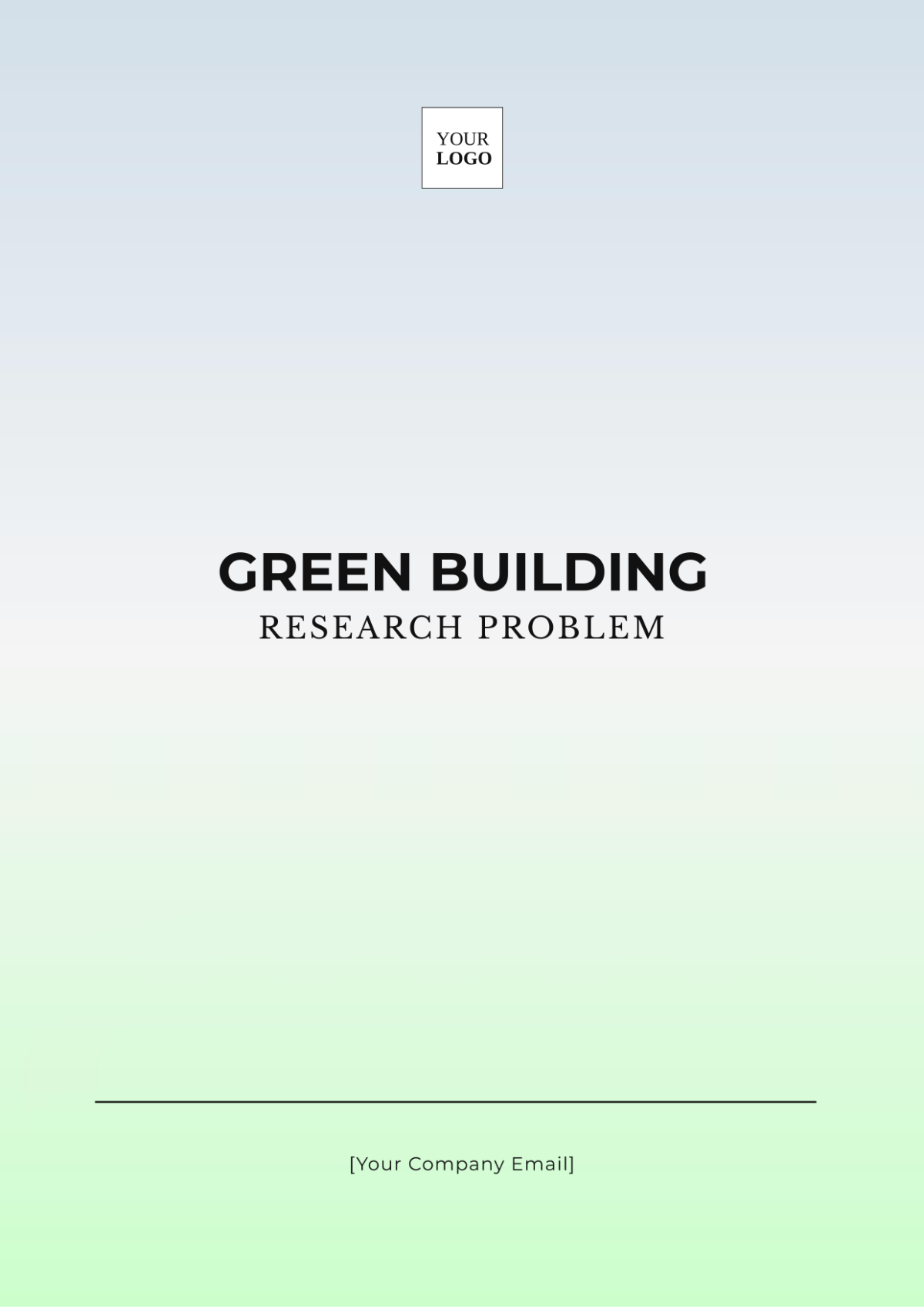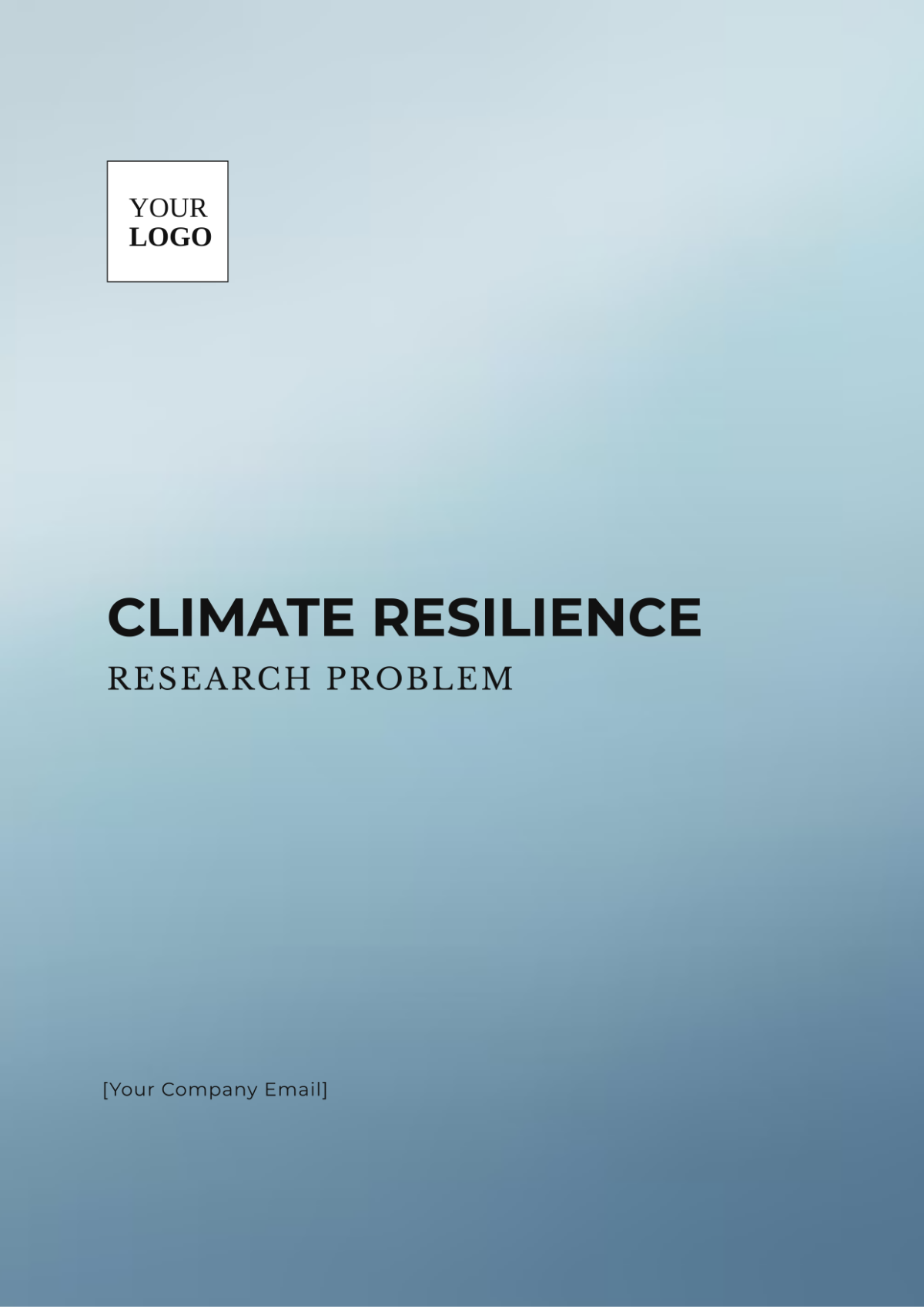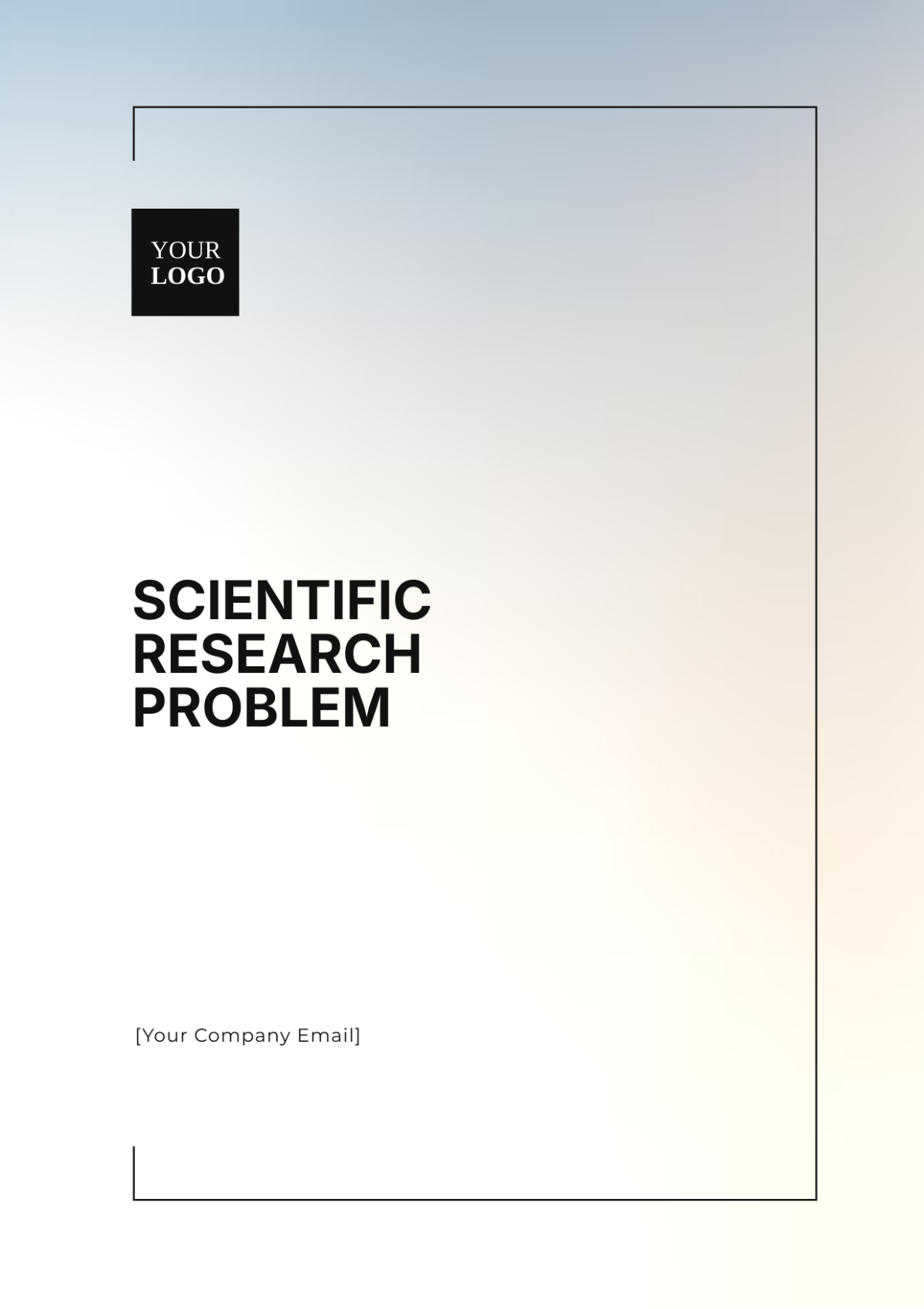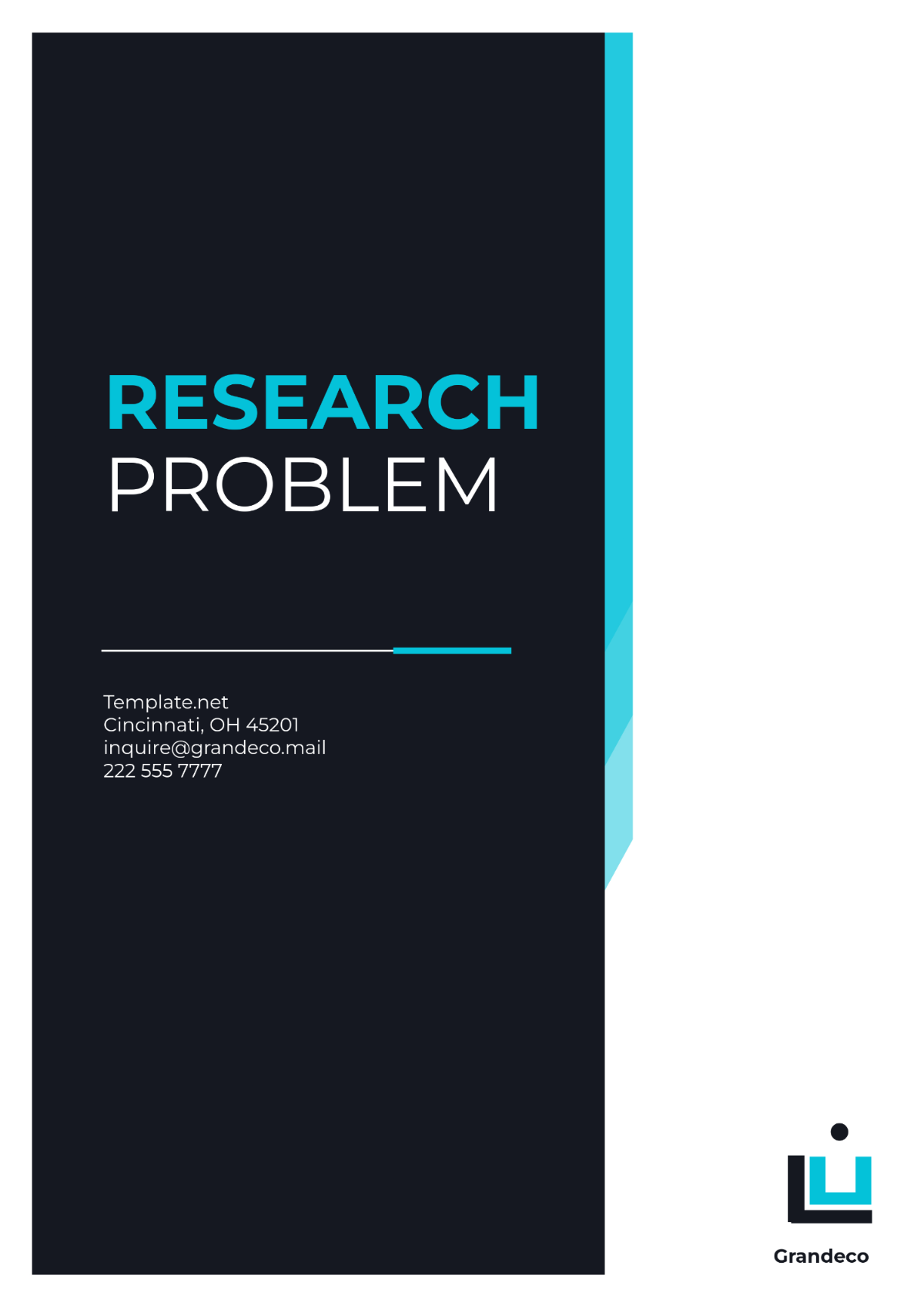Methodology Qualitative Research
Prepared By: [Your Name]
I. Introduction
Research Problem/Question: How do urban community gardeners perceive the impact of gardening on their social connections and well-being?
Purpose of the Study: This study aims to explore the social and psychological benefits of community gardening in urban settings, focusing on gardeners' perceptions of how these activities influence their social interactions and personal well-being.
II. Literature Review
Background Information
Urban gardening has been associated with a range of benefits, including enhanced mental health and increased community engagement. Despite this, there is a gap in qualitative research that delves into the personal experiences and perceptions of gardeners regarding these benefits.
Theoretical Framework
The research is anchored in Social Capital Theory, which posits that social networks and community involvement significantly contribute to individual and collective well-being. This framework will guide the analysis of how gardening fosters social capital among urban gardeners.
III. Research Design
Type of Qualitative Research: Case study approach.
Rationale for Chosen Design
A case study approach is ideal for gaining an in-depth understanding of community gardeners' experiences within specific urban contexts. This method allows for a detailed exploration of personal and social dynamics in community gardening settings.
IV. Data Collection Methods
Data Sources:
Semi-structured interviews with 15 community gardeners, were designed to elicit detailed responses about their experiences and perceptions.
Participant observation in two community gardens over three months to capture real-time interactions and activities.
Sampling Strategy: Purposive sampling will be employed to select participants who have been actively involved in community gardening for at least one year, ensuring a depth of experience.
Data Collection Tools:
Interview Guide: Open-ended questions focusing on personal experiences, social interactions, and perceived benefits of community gardening.
Observation Checklist: A tool for documenting interactions, activities, and the social environment within the gardens.
V. Data Analysis
Analytical Approach: Thematic analysis will be used to identify and interpret recurring themes and patterns in the qualitative data.
Coding Process: The analysis will begin with open coding to identify initial concepts, followed by axial coding to categorize and connect these concepts into broader themes.
Software Tools: NVivo 12 will be utilized for organizing, coding, and analyzing the qualitative data, facilitating a structured approach to theme identification.
VI. Ethical Considerations
Informed Consent: Participants will receive a consent form detailing the study’s objectives, procedures, and their rights. Written consent will be obtained before participation.
Confidentiality: Participants’ identities will be anonymized in all reports and publications. Data will be securely stored and accessible only to the research team.
Ethical Approval: The study has received approval from the Institutional Review Board (IRB).
VII. Validity and Reliability
Trustworthiness: To enhance credibility, member checking will be employed, allowing participants to review and validate preliminary findings. Triangulation will be used by comparing data from interviews and observations to ensure a comprehensive understanding.
Member Checking: Participants will review transcripts and preliminary findings to provide feedback and ensure the accuracy of the interpretations.
VIII. Limitations
Potential Limitations: Findings may not be generalizable to all urban gardening communities due to the specific context of the selected gardens. Observer bias could influence the interpretation of observational data, and participant self-reporting may introduce subjective biases.
IX. Timeline
Project Timeline:
Month 1: Conduct a literature review and develop data collection tools.
Month 2-3: Collect data through interviews and observations.
Month 4: Analyze data and conduct coding.
Month 5: Draft findings and perform member checking.
Month 6: Finalize report and submit.
X. Conclusion
Expected Outcomes
The study aims to provide a nuanced understanding of how community gardening impacts social connections and personal well-being. The insights gained will be valuable for urban planners and community organizations seeking to enhance the benefits of urban gardening initiatives.
Implications
The findings could inform the development and support of urban gardening programs, promoting their social and psychological benefits for participants and contributing to more engaged and healthier urban communities.
















